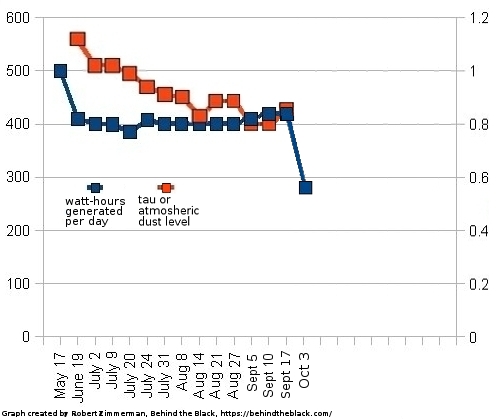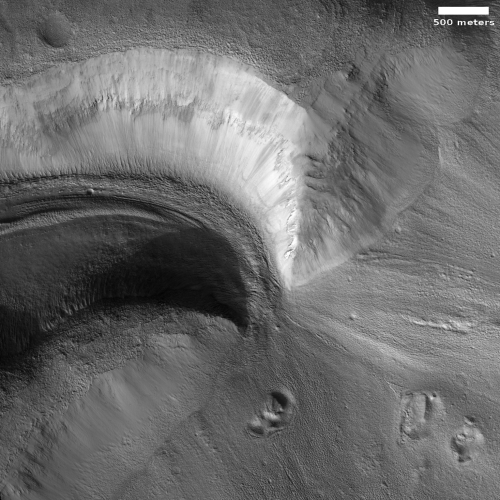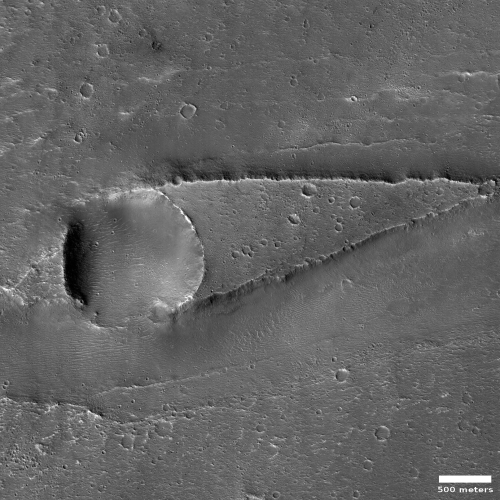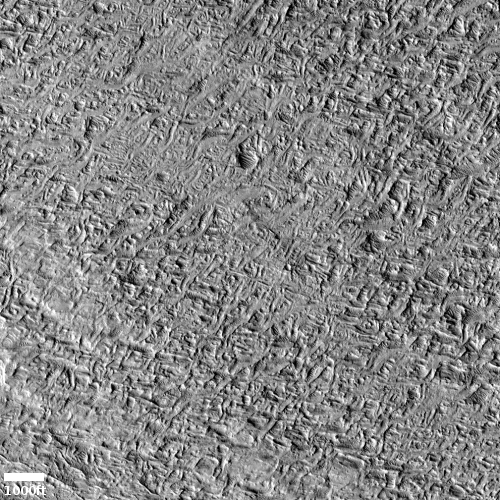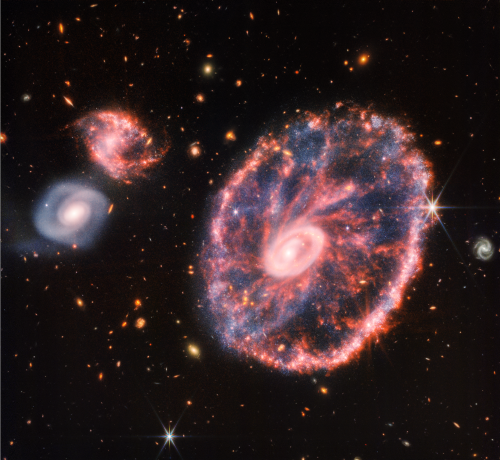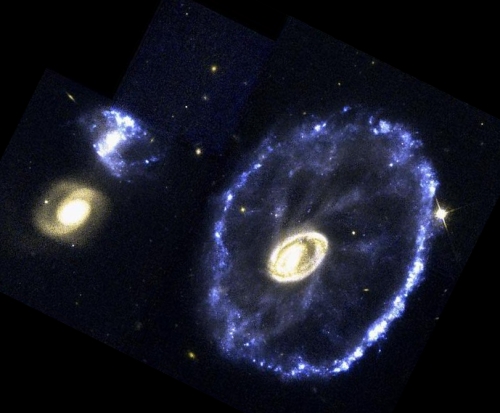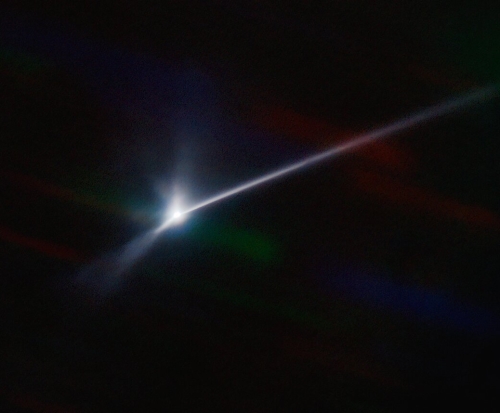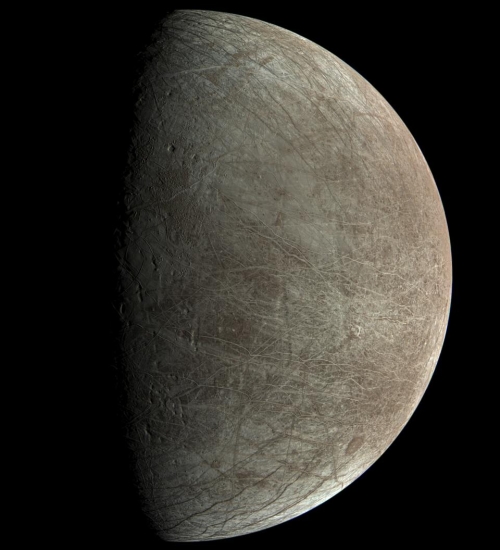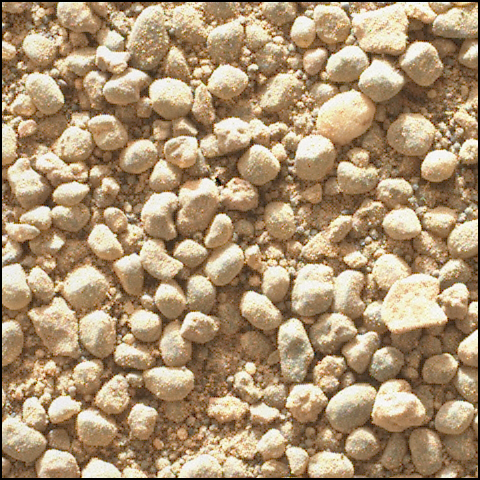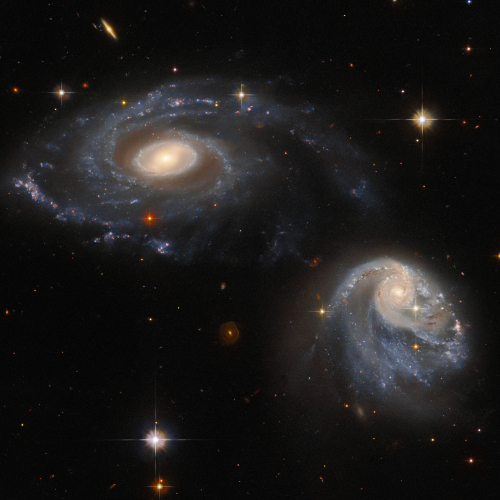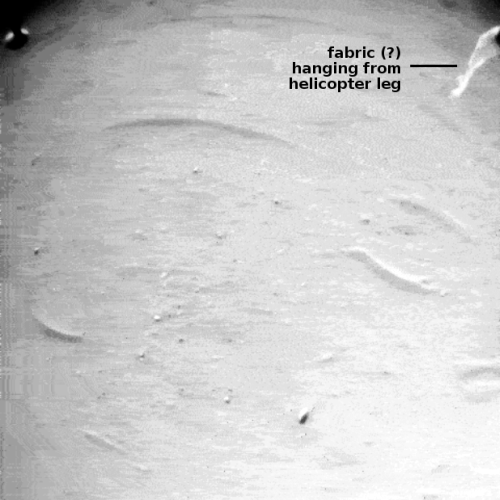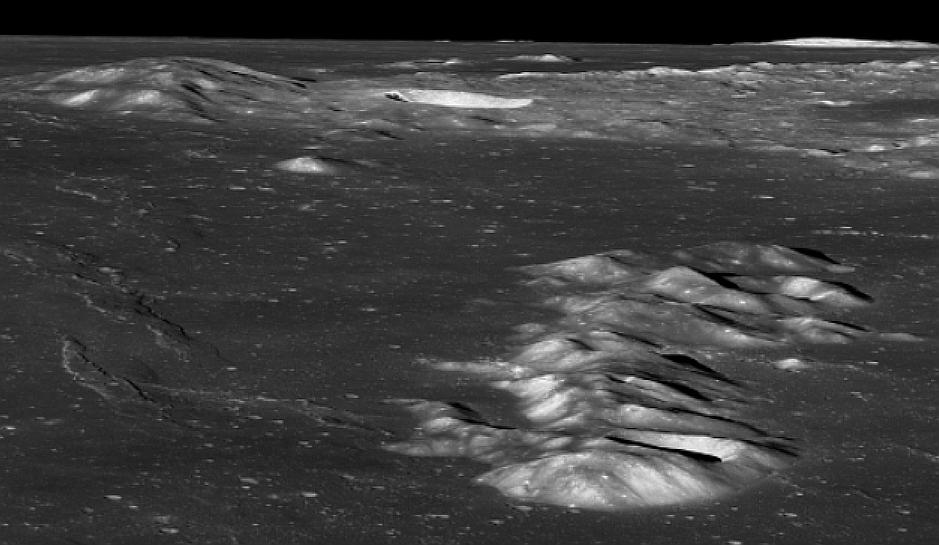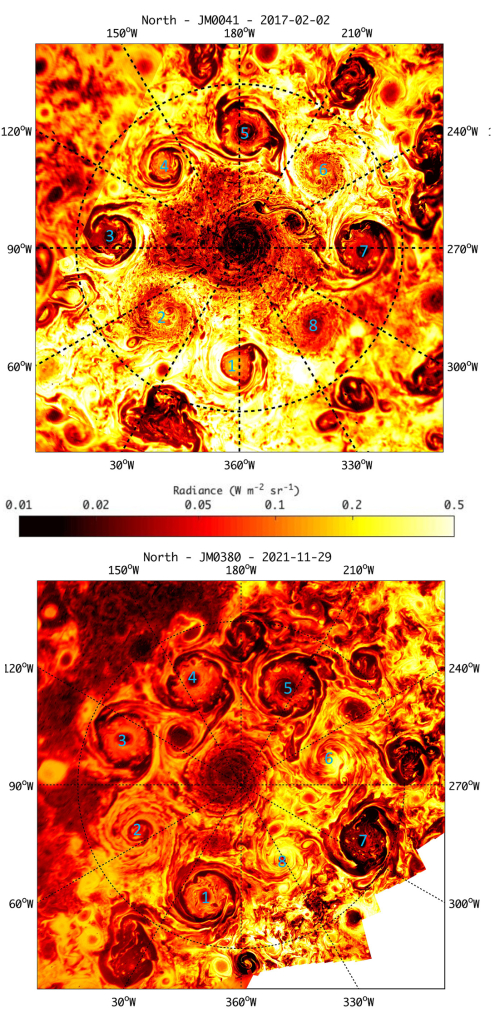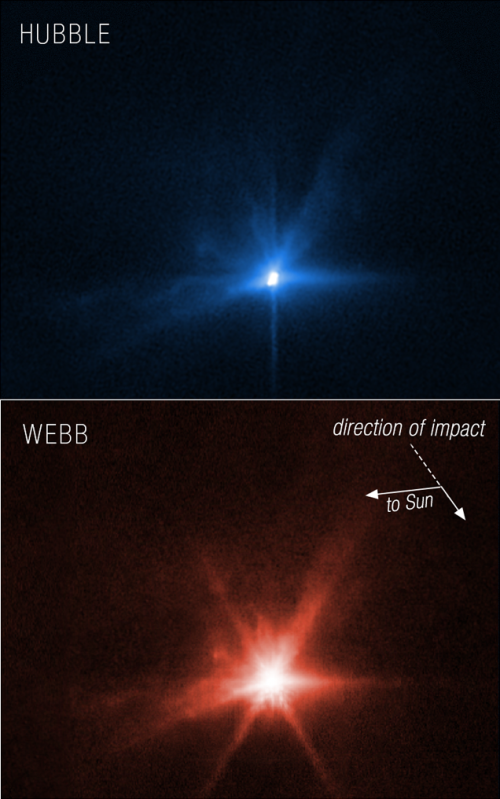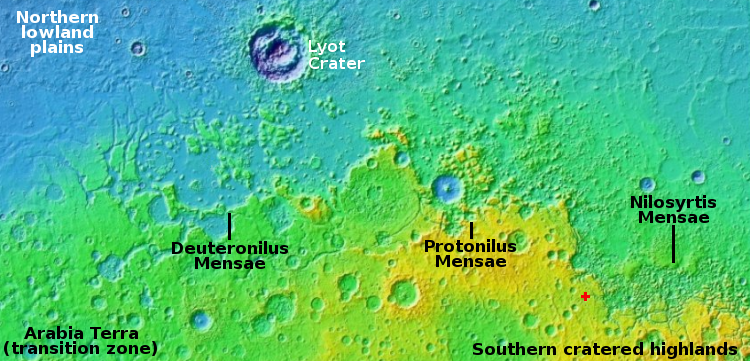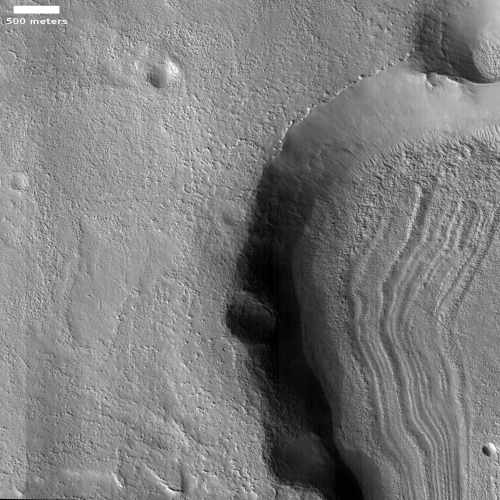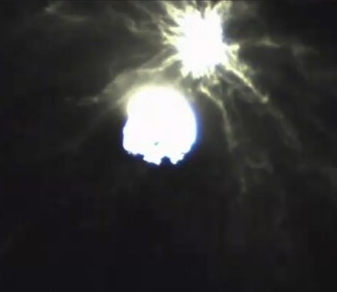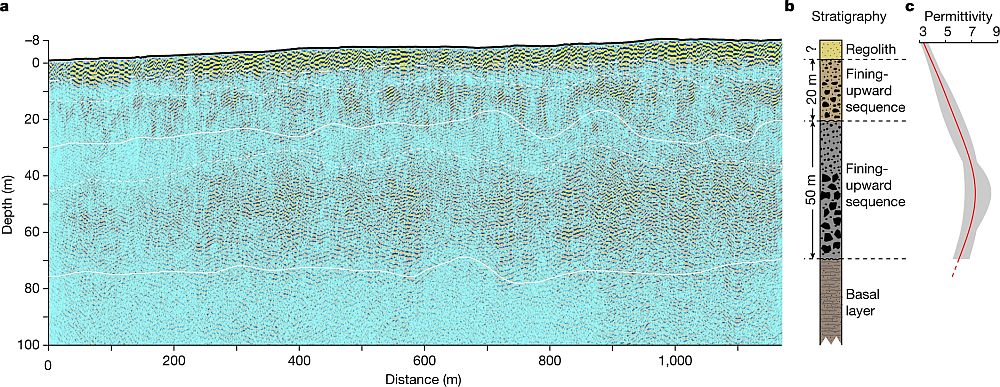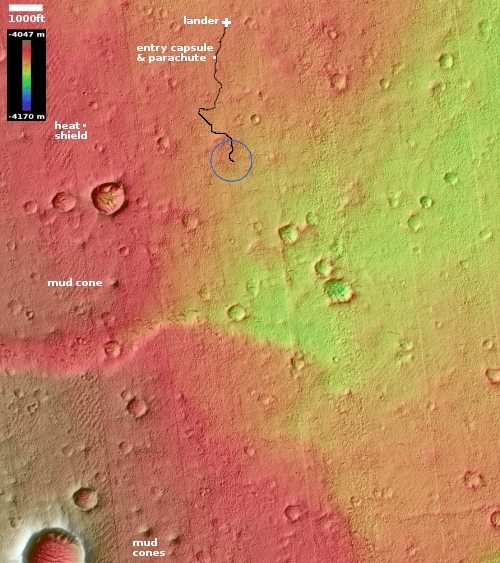New computer simulation of theorized impact that created the Moon
The uncertainty of science: Before I even begin to describe this story, I must emphasize that it is pure science fiction. As much as it is founded on known data, that data is simply not sufficient to tell us exactly how the Moon was created. The data merely points to many hundreds of possibilities, of which the model below is simply one:
Computer programmers using a supercomputer at a United Kingdom university have created a new simulation of the theorized impact of a Mars-sized body to the Earth that some believe created the Moon, and determined it was possible for that impact to have created the Moon quickly, within hours.
You can read the research paper here.
The fun part of this story is to watch the video of this simulation, which I have embedded below. Whether it describes what actually happened is pure speculation, and in fact cannot be confirmed in any way at all.
It is intriguing, nonetheless.
» Read more
The uncertainty of science: Before I even begin to describe this story, I must emphasize that it is pure science fiction. As much as it is founded on known data, that data is simply not sufficient to tell us exactly how the Moon was created. The data merely points to many hundreds of possibilities, of which the model below is simply one:
Computer programmers using a supercomputer at a United Kingdom university have created a new simulation of the theorized impact of a Mars-sized body to the Earth that some believe created the Moon, and determined it was possible for that impact to have created the Moon quickly, within hours.
You can read the research paper here.
The fun part of this story is to watch the video of this simulation, which I have embedded below. Whether it describes what actually happened is pure speculation, and in fact cannot be confirmed in any way at all.
It is intriguing, nonetheless.
» Read more

